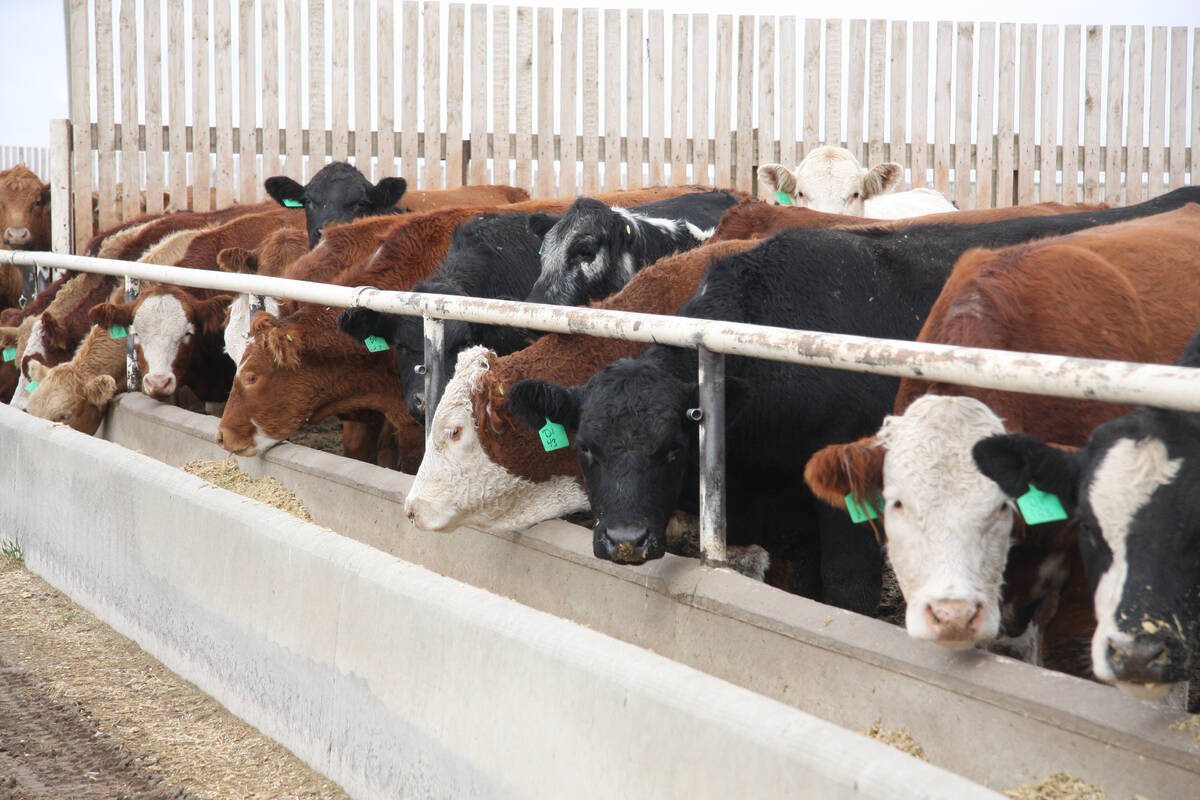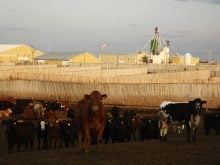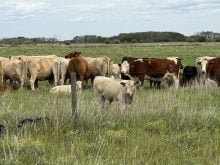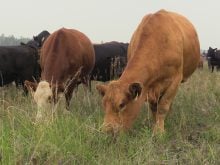This cattle market information is selected from the weekly report from Canfax, a division of the Canadian Cattlemen’s Association. More market information, analysis and statistics are available by becoming a Canfax subscriber by calling 403-275-5110 or at www.canfax.ca.
Fed prices up
Fed prices in Western Canada continue to hold at record-high levels, with four straight weeks in the mid-$270s per hundredweight.
Read Also

House ag committee to undertake several studies
The House of Commons standing agriculture committee has set its agenda for the coming months. Members began the fall sitting with a two-hour update on international trade
Alberta fed steers finished the week ending Feb. 21 at $275.30 per cwt., up $0.52 per cwt. from the previous week. Fed heifer prices were up $0.68 per cwt. to close the week at $273.18 per cwt.
A large basis shift has been observed over the past month, due to pressure on U.S. fed prices.
The week ending Feb. 21 saw Alberta fed prices move from a $30 per cwt. discount against the Nebraska market to a discount of $8 per cwt. This is the strongest cash-to-cash basis seen since late September 2024.
While February can be challenging for cattle feeders in terms of margins, feedlot margins for cattle sold on the cash market are currently positive. The last time this happened in February was in 2020.
Feedlot inventories are current. The recent colder weather has set cattle back, resulting in cattle being marketed ahead of schedule at lighter carcass weights.
All three western Canadian packers showed buying interest during the week. Canfax reported that these packers are still operating on reduced hours.
Dressed sales were reported in the range of $460-462 per cwt. delivered. Cattle that traded were scheduled for delivery throughout March, as lift times have begun to stretch.
No bids or sales were reported for the week in Ontario, though reports state packers will resume buying cattle the next week. Similar to the previous week, Manitoba fed cattle were moving west to Alberta for slaughter.
Non-fed prices up
Higher prices were seen across the Alberta non-fed market during the week ending Feb. 21.
D2 and D3 cows finished the week $4 per cwt. up from the previous week, and D2 cows saw a new all-time high.
Butcher bull prices rose by $6 per cwt, while railgrade cows were up $5-$10 per cwt. Feeder cows, on the other hand, closed the week barely steady with the previous week.
Canfax anticipates that the non-fed market’s continued strength may help move cows that have lost calves as calving season gets underway.
More heavy snow in Ontario likely limited volumes on the non-fed market. Cull cow prices rose by $4.50-$6.50 per cwt. after the previous week’s softer prices.
For the week ending Feb. 15, year-to-date non-fed slaughter has dropped 9.5 per cent from last year. Bull slaughter remains steady, while cow slaughter is down by 10 per cent.
Year-to-date non-fed beef production is 4.8 per cent lower compared to last year. This has been supported by cow carcass weights that are 24 lb heavier than in 2024.
Auction volumes down
Auction volumes in Alberta for the week ending Feb. 21 were down 28 per cent from last year at just more than 20,000 head.
This marked the fourth consecutive week of lower volumes, primarily the result of sales postponed due to colder temperatures. However, when combined with January’s record-high volumes, year-to-date volumes are only 1.5 per cent lower than in 2024.
With better weather in the forecast, larger auction volumes are expected in the coming weeks.
The feeder market continues to be strong, with steer calves trading mostly steady.
While 400–500-pound steer calves traded $7.42 per cwt. softer than the previous week, heavier steers and heifers traded steady to $6.65 per cwt. stronger.
Bred heifer prices were in the range of $3,300-$6,400 per head, averaging $4,876 per head. This is $291 per head lower than the record-high prices reported the previous week.
Bred cows brought $2,600-5,700 per head, rising $130 per head from the previous week. This is a mere $20 per head shy of record prices set last year.
Canadian feeder cattle exports to the United States for the week ending Feb. 8 were 2,120 head, nine per cent lower than last year. Year-to-date exports are 39 per cent higher than last year.
Cutouts lower
Choice and Select cutouts have continued to drift seasonally lower. Choice softened by 1.5 per cent from the previous week, while Select was down 2.1 per cent.
The Choice to Select spread remained steady with historical trends, closing the week at $9.45 per cwt.

















